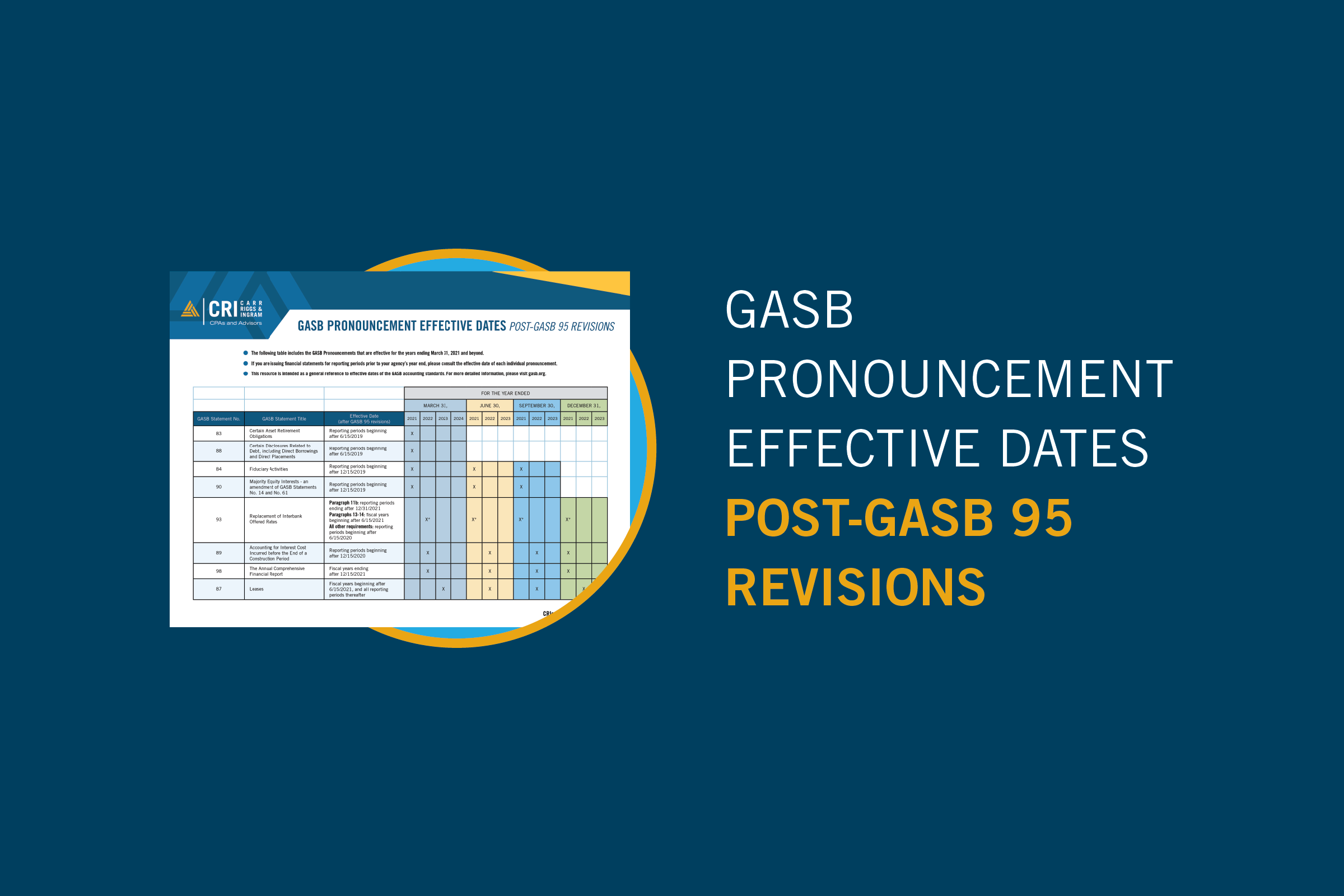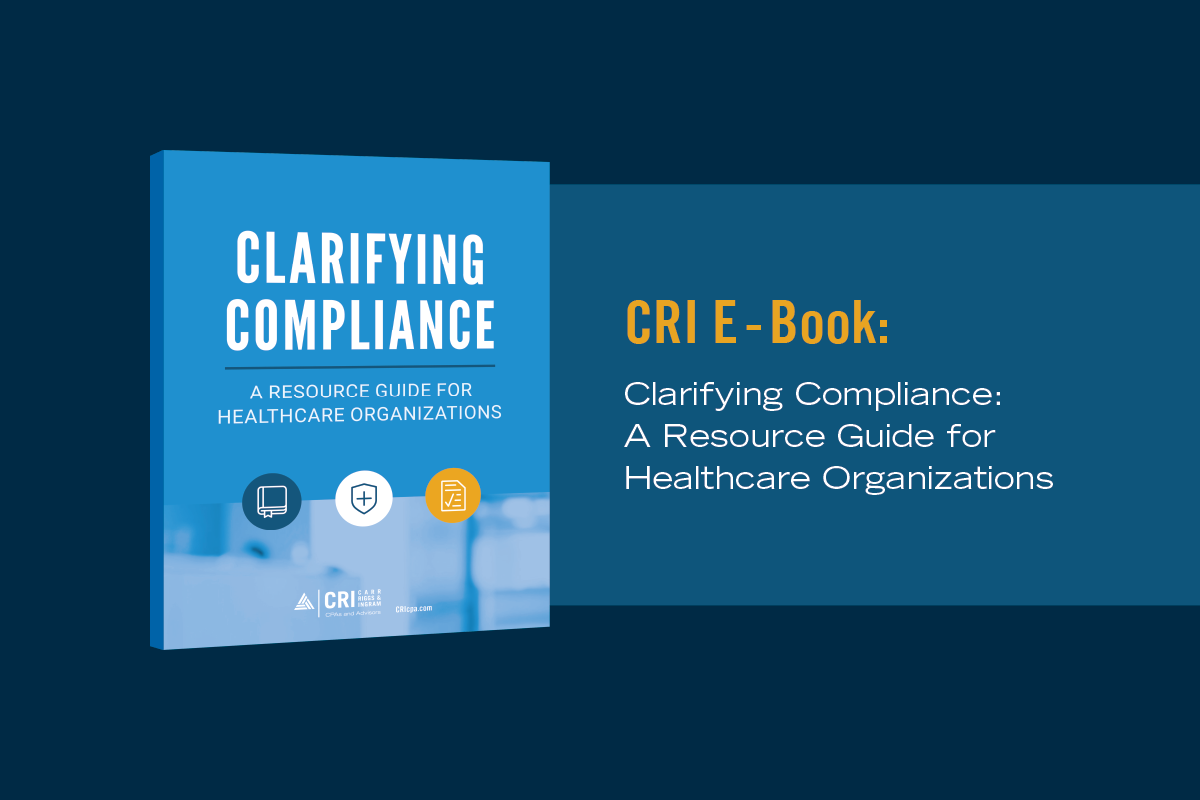AR-C Section 70: When It’s Relevant and How to Apply It
- Contributor
- Doug Koval
Oct 30, 2023
For many accounting professionals in today’s rapidly evolving financial landscape, seeking guidance is a pivotal way to ensure the quality and credibility of their services. The Accounting and Review Services Committee (ARSC) of the American Institute of CPAs (AICPA) has issued several standards to guide practitioners in these endeavors. One such critical standard is AR-C Section 70, “Preparation of Financial Statements.”
What is AR-C Section 70?
AR-C Section 70, “Preparation of Financial Statements,” is a section within the Statements on Standards for Accounting and Review Services (SSARSs). It specifically addresses situations where an accountant in public practice is engaged to prepare financial statements for a client but is not engaged to perform an audit, review, or compilation of those statements.
This section also provides guidance in determining whether or not it is necessary to comply with the provisions of AR-C Section 70; the distinguishing factor being what the client engages the accountant to do. ARSC has issued a flowchart to assist with this determination, which can involve considerable judgement. Ultimately, effective communication with clients is necessary to resolve uncertainties in this area.
Preparation of financial statements under AR-C Section 70 does not include the preparation of a report on those financial statements. When an accountant only prepares financial statements, no assurance is provided on them. As such, AR-C Section 70 mandates that these financial statements include a statement on each page indicating that “no assurance is provided” or issue a disclaimer if the accountant is not able to provide the statement on each page. No report would accompany the financial statements.
Importance of AR-C Section 70
AR-C Section 70 is a pivotal component within the accounting profession that underscores the significance of delineation in roles and responsibilities regarding financial statement preparation. Clarifying roles under AR-C Section 70 establishes clear boundaries regarding the accountant’s responsibilities. While the accountant can assist in the preparation of financial statements, they aren’t offering any assurances or opinions on them. This distinction is crucial for protecting the public and users of financial statements, as it emphasizes the difference between preparation and assurance, thereby helping to reduce potential misunderstandings or misconceptions about the level of service being provided.
Additionally, AR-C Section 70 promotes professional standards by offering a structured framework that accountants can adhere to. This ensures a consistent approach to the preparation of financial statements, irrespective of the nature or size of the engagement, and instills greater confidence in clients and stakeholders relying on these statements.
Steps to Ensure Adherence
Navigating AR-C Section 70 properly requires a meticulous approach. From the foundational need for a well-structured engagement letter to the continuous training of accounting staff, each step plays a pivotal role in ensuring compliance and clarity and will help ensure that financial statements are prepared with the utmost accuracy and transparency. Among the steps required are the following:
1. Engagement Letter Agreement: It’s crucial to have an engagement letter in place that clearly outlines the terms and conditions of the preparation service. This agreement should also emphasize that no assurance will be provided on the financial statements.
2. No Report Inclusion: When preparing financial statements under AR-C Section 70, accountants should ensure that no accompanying report is attached to the financial statements unless required by the engagement terms.
3. Disclosure: Any known departures from the applicable financial reporting framework, including the omission of disclosures, must be clearly disclosed in the financial statements. If the departure is not disclosed, the accountant should not prepare the statements.
4. Legend Requirement: On each page of the financial statements, there should be a label or statement indicating that “no assurance is provided” on them. This is a crucial step to ensure that the user is well aware of the level of service.
5. Staying Updated: The financial environment is dynamic, and standards can be updated or amended. Accountants should regularly check for any updates or interpretations related to AR-C Section 70 to ensure they are always in compliance.
6. Proper and Accurate Documentation: Maintain thorough documentation for all financial preparation engagements. This includes but isn’t limited to client communication, the data used in the preparation, and any significant judgments or decisions made during the process.
7. Continual Training: Regular training sessions for staff on AR-C Section 70 will ensure that everyone is on the same page and understands the importance and nuances of this section.
8. Compliance with AR-C Section 60A/60: in addition to complying with AR-C Section 70, an accountant is required to comply with AR-C Section 60 which, among other matters, requires 1) the accountant to comply with relevant ethical requirements, 2) the accountant to exercise professional judgment and, 3) the engagement partner to take responsibility for certain quality control matters.
Adherence to AR-C Section 70 goes beyond mere compliance; it underscores an accountant’s dedication to upholding the highest standards of professionalism and excellence by providing clear guidelines for those tasked with preparing financial statements. If you have any questions or need further guidance, contact your CRI advisor . Their depth of knowledge and expertise ensures that they can address your queries and guide you toward informed financial choices.





















































































































































































































































































































































































































































































































